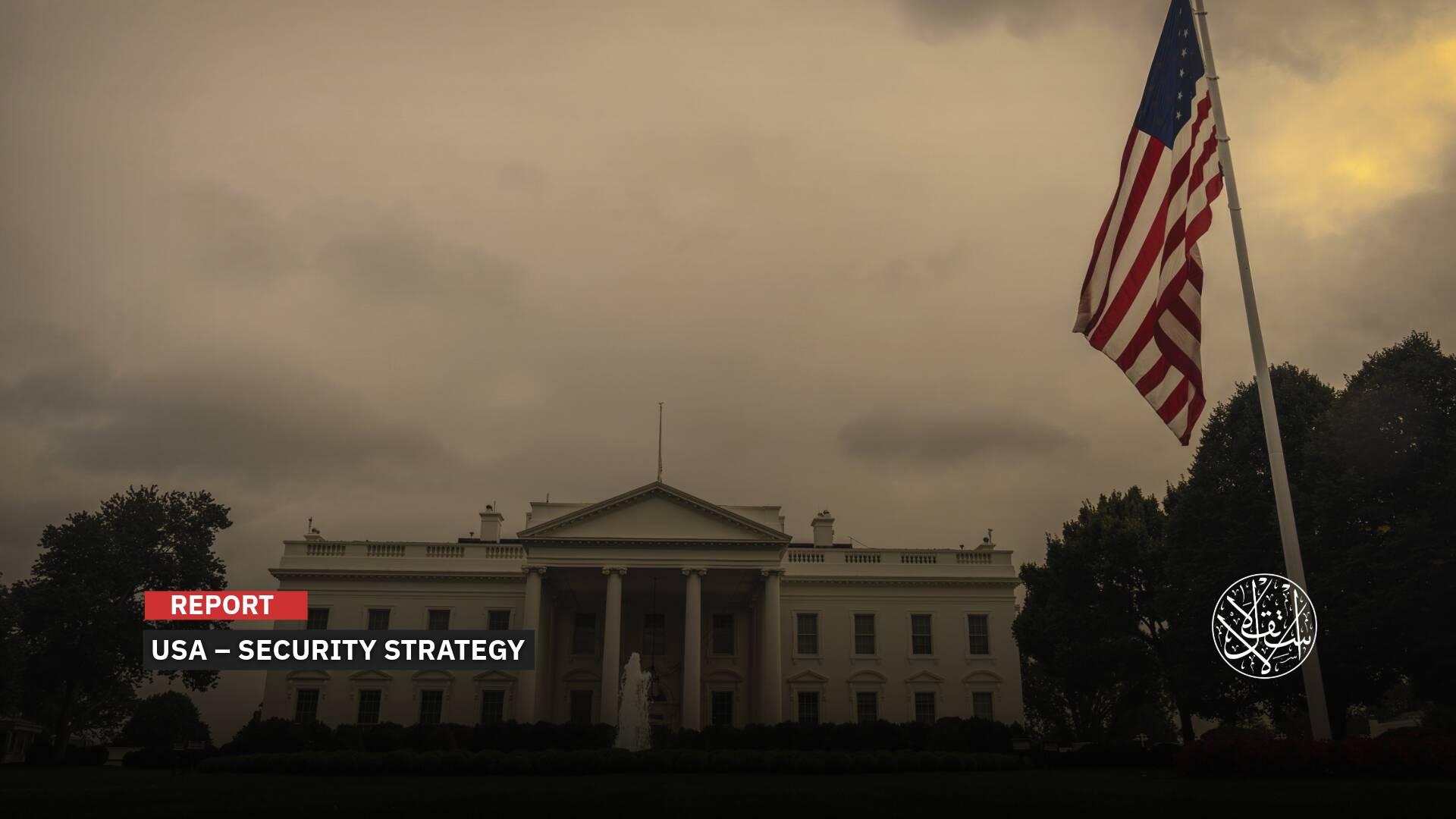The Fastest Annual Pace: What Is Behind London Rents Spike?
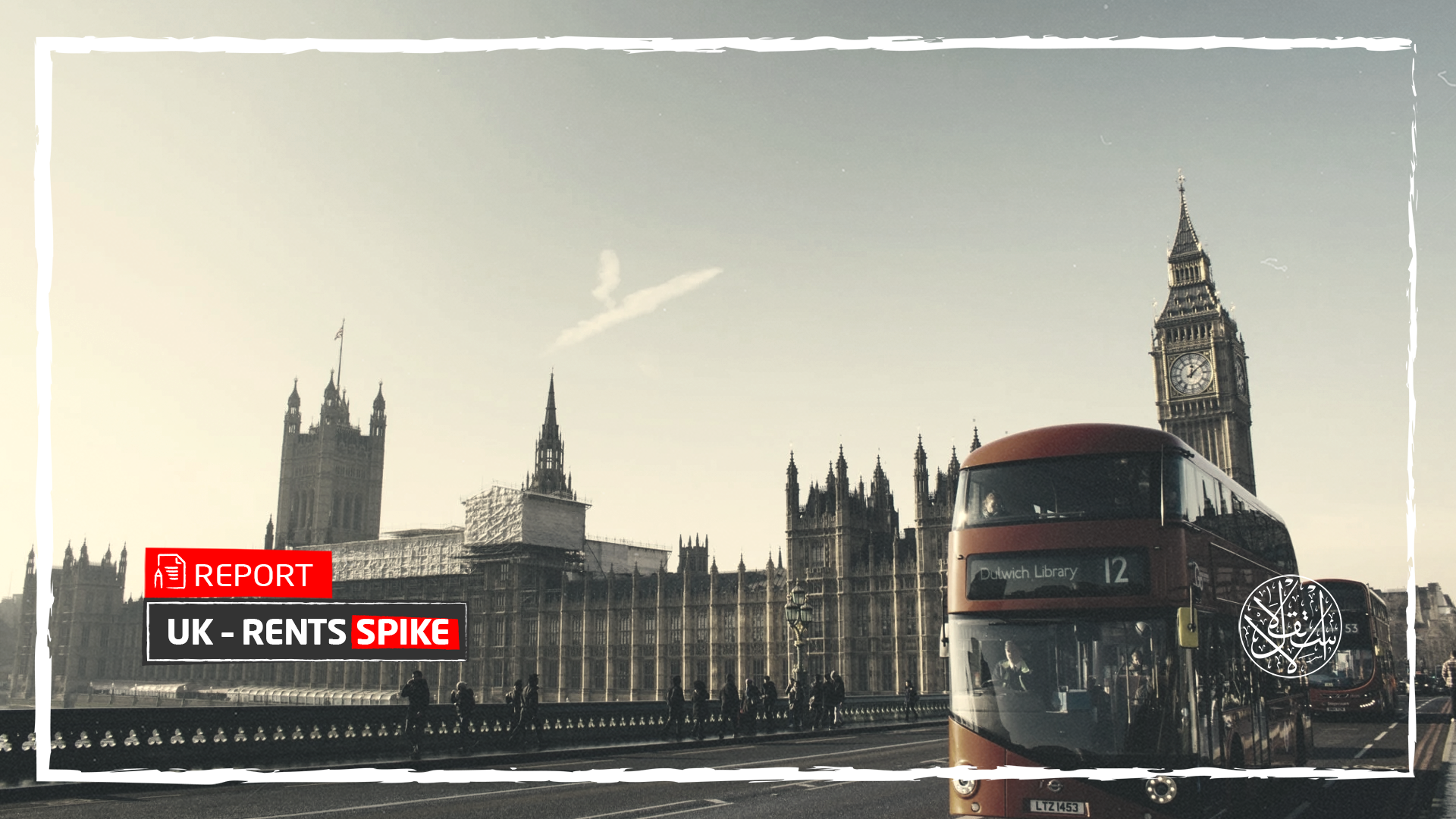
Londoners have recently witnessed a higher rate of inflation than the rest of the UK because of the increased prices of rents, which rose the most in about five years, according to new City Hall figures.
City Hall analysis has found that rental prices in London are a “major factor” behind the higher rate of inflation, as looking for rent in London is growing faster than anywhere else in the UK.
The demand for rentals has exceeded the supply of properties which increased the cost-of-living pressures on the residents in one of the priciest capitals in the world.
The Fastest Annual Pace
They were not this high since 2017; rents in London are increasing at their fastest annual pace, new City Hall figures found.
The unprecedented high prices threaten to increase the number of homeless on the streets of the British capital and possibly cause political unrest and social protests.
£2,500 is now not enough to rent a one-bedroom apartment in the neighborhoods near central London.
In a report, Hampton Real Estate said that more than 50% of residential property owners had raised rental rates in new contracts to lessors or even in old leases that have been renewed.
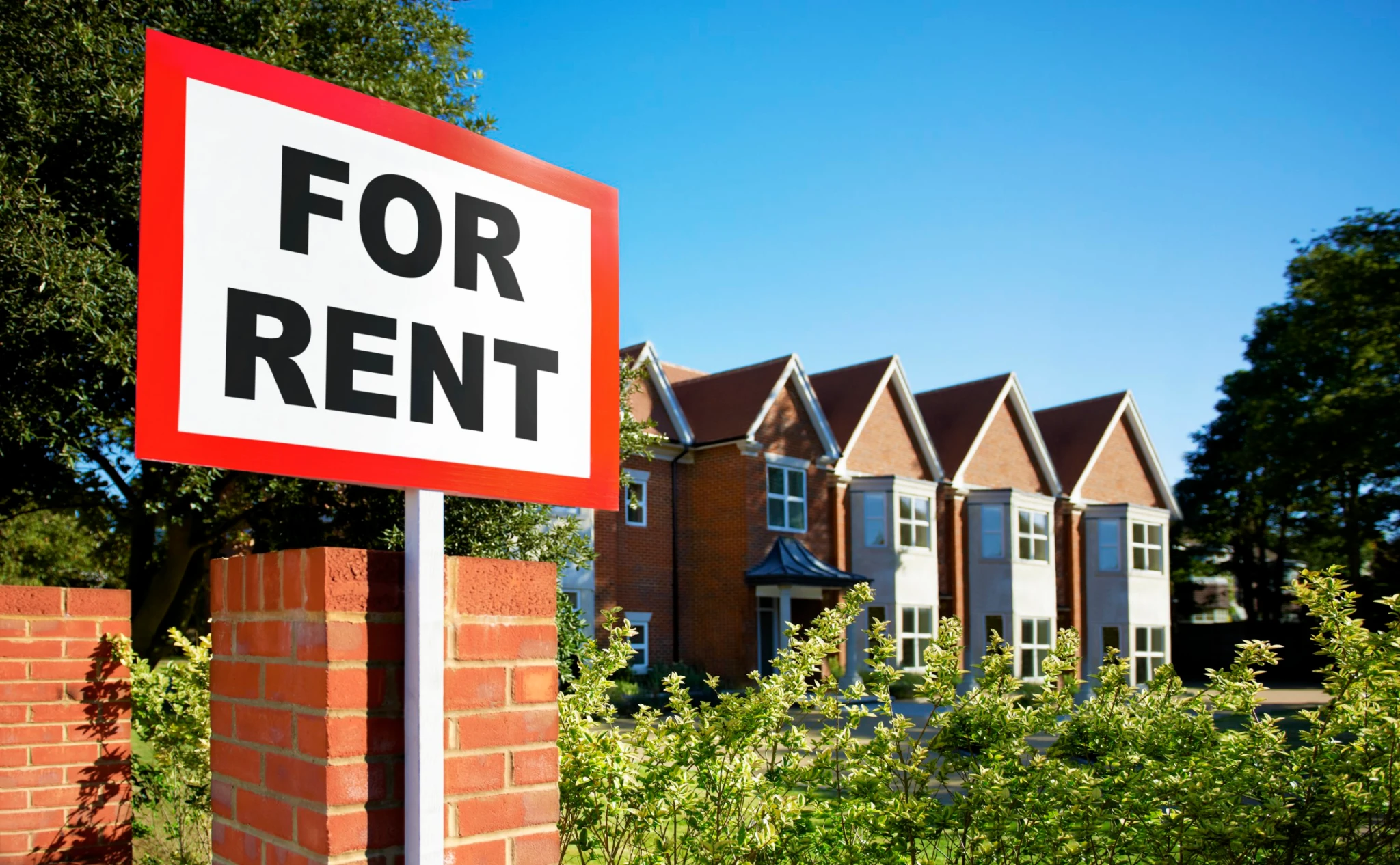
According to the same report, the average monthly rent in London has risen by two thousand pounds.
In the London center and Mayfair districts of Oxford Street, Kensington, and boroughs near West London, it is difficult to find an apartment for rent, especially in summer.
The head of the London-based Martyn Gerrard real estate rental company commented in the Evening Standard newspaper saying that there is a real shortage of residential properties for rent, adding that many lessors are afraid of the London rent spike, so the majority think of selling rather than renting their properties.
The average asking rent per month in London reached £2,257, during the past three months, with an annual increase of nearly 16 percent, Rightmove’s rental price tracker reported.
What Happened?
Rental growth is still soaring across London with strong demands for accommodation in the UK capital despite the stock-constrained market.
According to Bloomberg, the prices grew 2.1% in the year to July.
London is quickly trying to control the acceleration in rents imposed since the start of the year. Flats rent prices outperform houses that have started to see rental growth ease after COVID-19 repercussions.
People returning to the capital after the Covid pandemic may be a main reason for this growth driven by the areas that “suffered the biggest falls during lockdown—including central London and north-west London,” inews, UK (The i) reported.
The number of newcomers or Londoners who seek to move houses is even higher than suggested by the ONS.
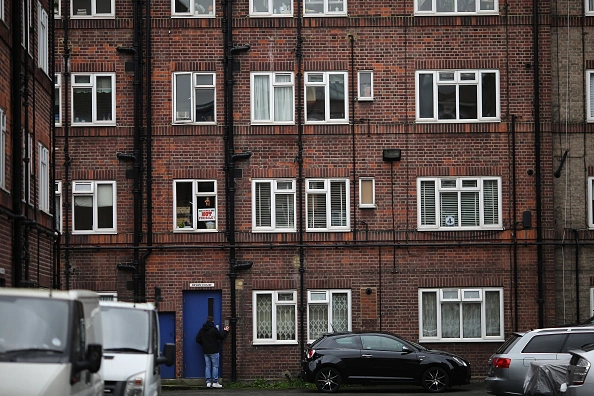
The rent price rally is also fueled by “a lack of new properties coming to the market,” according to The i.
Sarah Tonkinson, managing director at Foxtons, said that average prices for new rents stood at £541 per week in July, “hot on the heels of June’s £549 per week, which broke the record as highest monthly rental price in years.”
“As low stock and high demand are likely to continue for some time, we do not see average rental prices declining significantly in the coming months.”
Some landlords are now seeking to sell their properties rather than to rent them. In a survey by the Royal Institution of Chartered Surveyors, Allan Fuller of Allan Fuller Estate Agents said that the current situation is due to some legislative changes, such as scrapping the ability of landlords to expel tenants immediately or for a short period of time.
‘It Is Unaffordable’
Mayor of London Sadiq Khan has asked the government to “step up” and provide support for low-income Londoners who are “living on the front line of the cost of living crisis” as soon as possible, Harrow Times (HT) quoted.
“I’m doing all I can to support Londoners, but we need the government to step up; this must include doing more on energy bills to ensure no one has to make the choice this winter of heating their home or eating, increasing benefits in line with inflation, and giving me the power to implement rent controls in London,” Khan said.
“Whoever becomes the next Prime Minister must make tackling the cost of living for Londoners—and people across the country—their top priority,” he added.
According to HT, the Mayor has repeatedly asked the government for a rent freeze in the country to help face the high cost of living; campaign groups have also called for the same, such as Generation Rent and Acorn.
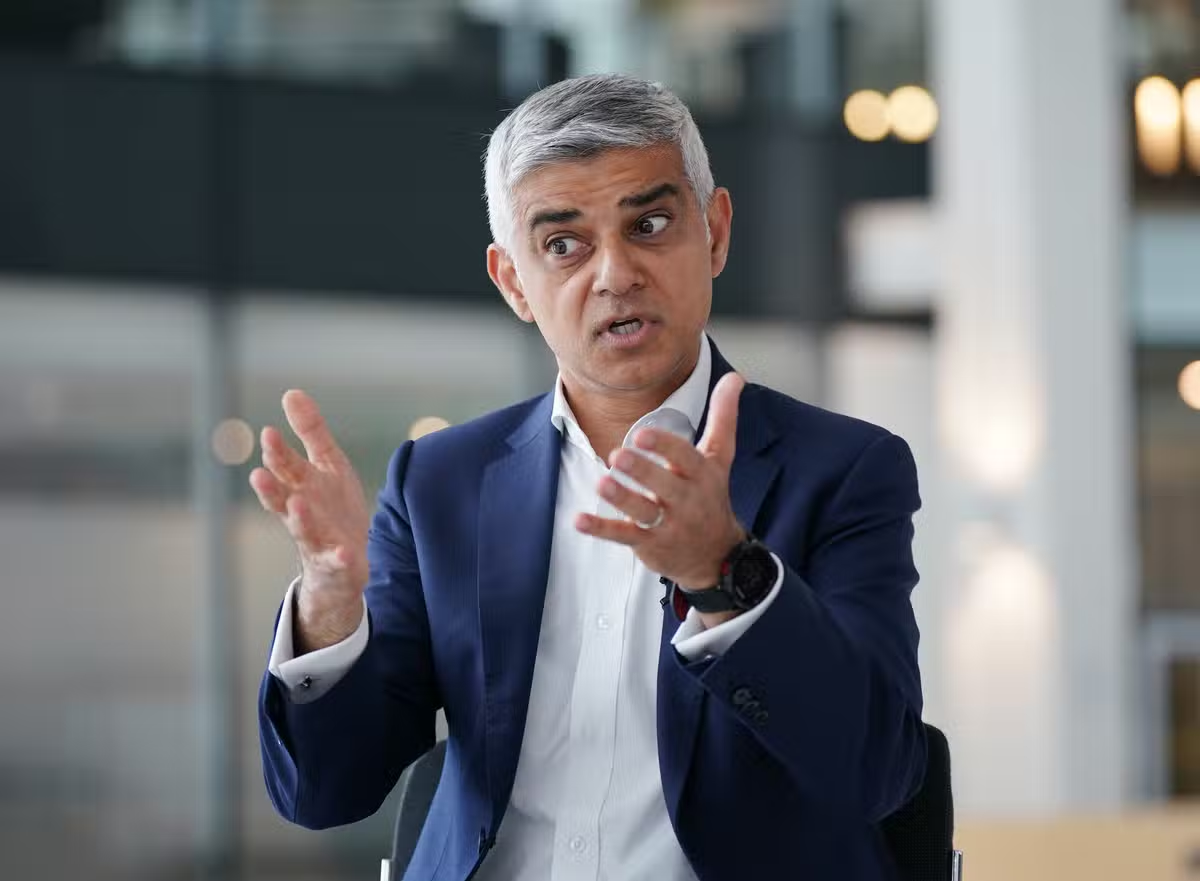
Demands for a rent freeze have recently grown following new figures which found that 40 percent of people under 30s are spending more than 30 percent of their salary on rent, representing a five-year high.
According to experts, it is unaffordable to spend more than 30 percent of a monthly wage on rent.
“We know that rising prices caused by global challenges are affecting how far people’s incomes go, which is why we are providing £37 billion worth of help for households which is being phased in throughout the year,” a government spokesperson said.







